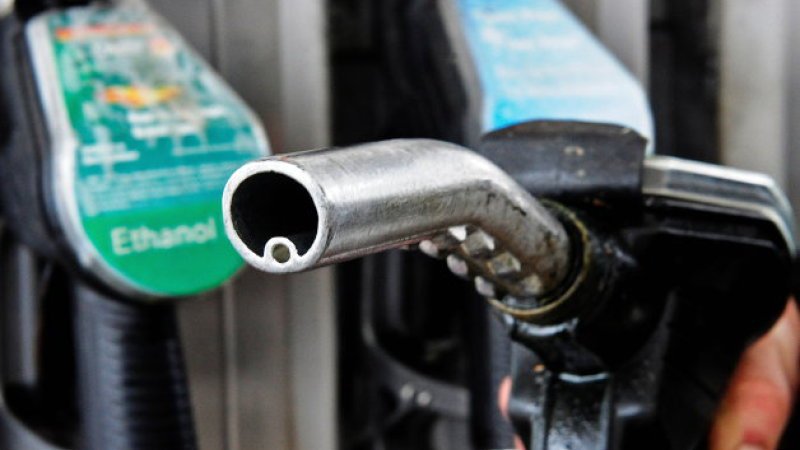Biofuels like ethanol could be worse than gasoline for the environment

The new research shows that plant-based fuels might actually be worse polluters than traditional fuels. According to a new study, the problem started with the apparently incorrect assumption that biofuels are carbon neutral.
When comparing the carbon footprint of biofuels and traditional fuels, researchers looked at the overall lifecycle of the fuel. Gasoline isn't only judged on the pollutants caused by cars running on petrol; the extraction, refining and transportation processes are taken into account. The same is true for biofuels, only emissions from the tailpipe were left out of the equation because the number was assumed to be zero. That carbon dioxide was offset when the corn or plant matter was growing, right? That assumption, which the regulatory bodies of the US have been operating under for the last 11 years, is incorrect, University of Michigan Energy Institute research professor John DeCicco found. Professor DeCicco uncovered the problem four years ago.
"To verify the extent to which that assumption is true, you really need to analyze what's going on on the farmland, where the biofuels are being grown," DeCicco said. "People haven't done that in the past — they felt like they didn't need to."
DeCicco used data from the Department of Agriculture to come up with what he calls the "harvest carbon" factor. He found that while corn and soybean production has tripled since 2005, when federal mandates for biofuels went into effect, carbon has only been offset by 37 percent.
"When it comes to the emissions that cause global warming, it turns out that biofuels are worse than gasoline," he said.
Naturally, this assertion is getting a lot of push back. DeCicco's work was funded by the American Petroleum Institute, which corn farmers and ethanol producers point out has an interest in fighting biofuels. However DeCicco counters that his work is peer reviewed, like any other scientific study. He told the Free Press that API was the only group willing to fund the study.
DeCicco's findings come on the heels of a report that the Environmental Protection Agency has not submitted any studies on biofuels impact on air quality or the environment in nearly six years. The Renewable Fuel Standard, which mandates the minimum amount of biofuel in US vehicles, requires such reports be submitted every three years. The last time a report was submitted was 2011. The EPA Inspector General admitted to Congress the agency doesn't even have a way of measuring whether the law is improving or worsening air quality or how long biofuel greenhouse gas emissions linger.


